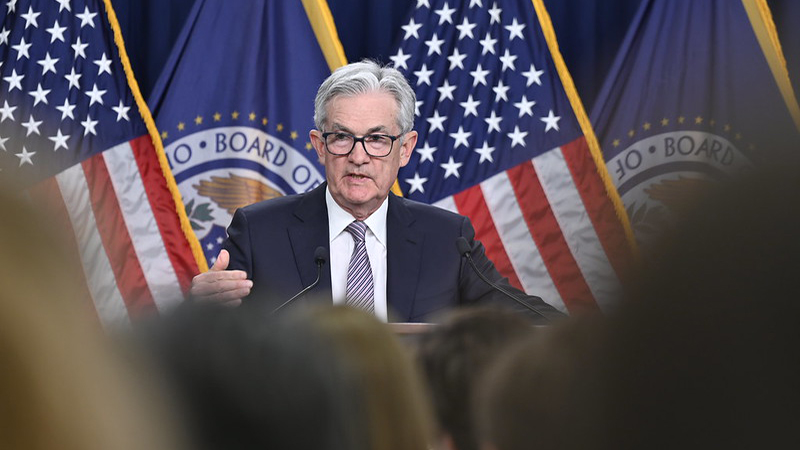We at Portfolio Adviser have long argued that the term ‘multi-asset’ is shorthand for the prudent asset allocation that’s fundamental to any investment IFA or discretionary’s role as a wealth manager.
Of course, that doesn’t mean these new funds – now offered by numerous retail fund houses – should not have a place in client portfolios as a one-stop-shop across the investment spectrum.
As with any retail investment trend (see also absolute return and EMD funds) the real challenge for advisers is sorting through the multiple strategies and risk/return profiles to find suitable products for their clients.
Do you opt for a single or multi-manager approach? Similarly, should you use vehicles which invest passively in ETFs or index futures, or take a more active approach to picking funds or stocks?
Underlying alpha
Tristan Hanson, head of asset allocation at Ashburton, adds another consideration – while some funds will look to generate most the returns from active asset allocation, he suggests, others will be more focused on finding underlying alpha within asset classes.
Whatever the outcome of these suitability tests, a real danger could be viewing multi-asset as an asset class rather than a style or strategy. Given that these funds more often than not take a relatively cautious stance, they may well end up being discarded if/when risk appetite returns and there’s a lengthy bull run on equities.
“It is clear that RDR has played a role in the recent popularity of multi-asset funds, but it is not the only reason, nor likely the most important,” says Hanson.
“The popularity of such funds and the strong flows into sectors such as the IMA Cautious Managed sector is a consequence of the profound psychological shock of the 2008 financial crisis and its after-effects, in particular the ongoing troubles in Europe.
Generation blame
“For a generation that benefited from the tailwind of booming property and financial asset prices as well as unprecedented macroeconomic stability in the run up to the crisis, the collapse in financial markets and the fragility of major financial institutions was deeply traumatic. As long as those scars remain, the previously equity-biased UK savings and investment culture will remain cautious, hence the popularity of multi-asset funds and the reluctance to buy equities.”
Rather than being a new dawn in diversification, could it be that multi-asset funds are just another trend; pressing the right buttons for an adviser community still reeling from the impact of the credit crisis?
Ultimately, as with absolute return funds, the emphasis will be on the fund manager to prove their worth across a whole market cycle. That’s how we’ll judge the triumphs from the tragedies.
Do you currently use multi-asset funds, and will they stand the test of time? Let us know your comments.











